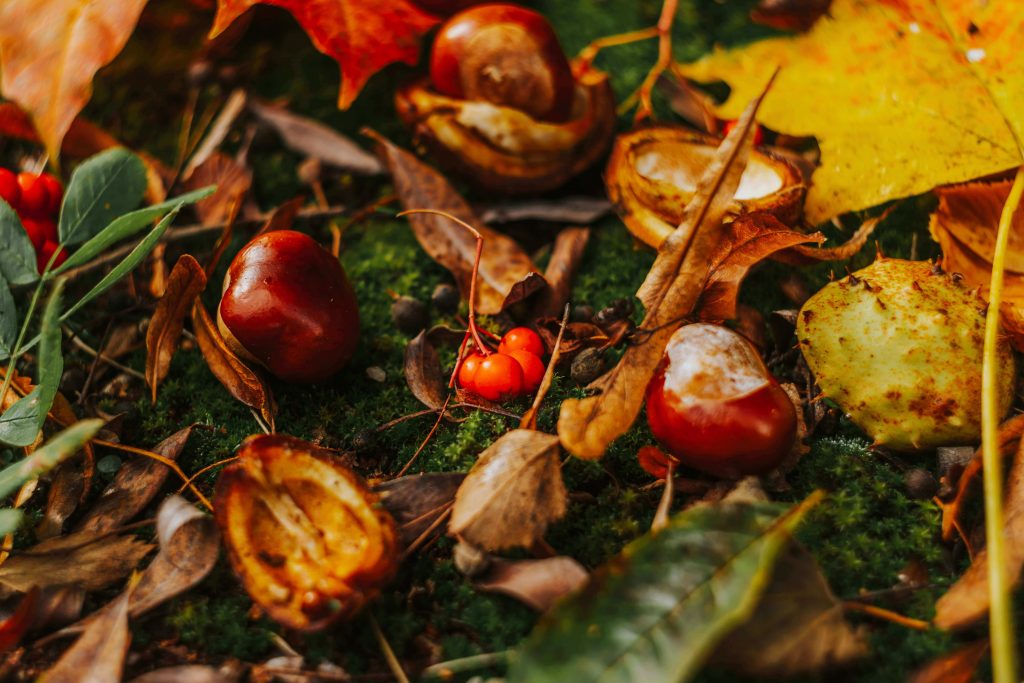
Myths debunked: Do spiders hate conkers? Spiders avoid conkers because of a noxious chemical, but no one has ever scientifically proven it.
You must have come here because you were interested to know the truth about conkers and spiders. Or you wonder why do people say conkers deter spiders?
So here is the myth about conkers and spiders: It is said that conkers or horse chestnuts, as they are also known, contain a natural substance called saponin, which repels spiders. Because of this, people have been saying that spiders can be kept away by placing conkers around their most common entryways in your home.
Table of Contents
Difference between conkers and chestnuts
What is the difference between conkers and chestnuts, you may ask? Well, conkers are the nuts of a horse chestnut tree. They are toxic and not suitable as food for people or animals. The outer of the conker is green, thick, coarse, lumpy and has some pointy bits. Conkers are bigger than chestnuts.
Chestnuts also have a green shell, but it has finer points and more than a conker’s. You can safely eat chestnuts. Conkers, on the other hand, can be used as medicine because of their toxicity.
Are spiders scared of conkers?
Do conkers keep spiders away? It has never been proven that this is true. In fact, over the years, scientists and regular people have tried a number of experiments to determine whether this is real. Conkers are also said to repel other insects, such as moths, lice, fleas, and ticks. You can check out this story with images from a local man proving that this myth is just a myth.
In 2010 a group of middle schoolers also did an experiment that proved the statement to be just an old wives’ tale. They placed several spiders in a box half of which is blocked with conkers and the other side with some other objects. When released, the spiders walked all around the box and over the two kinds of barriers, including the conkers. Thus they proved that spiders are not afraid of conkers.
So this also answers the questions “Are spiders scared of conkers?” and “Do conkers keep spiders away from the house?”
If you were considering collecting the nuts and placing them around your house, don’t bother. Try other effective methods to get rid of spiders.
Are you dealing with a pest infestation?
You don't have to be alone in the battle against pests. Hire a professional pest expert!
Call usHow to use conkers as a spider deterrent
Using conkers as a natural spider deterrent is a popular method for keeping spiders at bay without relying on chemicals. Although scientific evidence on its effectiveness is limited, many people claim conkers help reduce spider activity in their homes. If you wish to try conkers for spider control, you can:
- The first step is to gather fresh conkers. Horse chestnuts that are firm and shiny are believed to be the best for repelling spiders.
- You can lightly score or pierce the conkers before placing them. In this way, chemical compounds and odours, such as saponins, can be released more effectively, potentially increasing their spider-repelling properties.
- Place fresh conkers in areas where spiders commonly appear, such as doorways and windowsills.
- Replace conkers every few weeks as they dry out and lose their potential effectiveness.
While the effectiveness of conkers as a spider deterrent remains debated, they are a harmless, natural, and inexpensive method to try. Even if conkers don’t fully repel spiders, they can be part of a broader strategy to keep your home spider-free.
Does conker oil repel spiders?
Conker oil is thought to repel spiders because horse chestnuts (conkers) are widely believed to be effective at deterring them. Efficacy of conker oil as a spider repellent is still unknown. It is claimed that conker oil emits a smell that spiders find unpleasant, causing them to avoid treated areas. Traditionally, whole conkers were used as natural spider repellents. As of now, there is no scientific evidence that conker oil repels spiders. Unlike humans, spiders primarily rely on their sense of touch and vibration rather than their sense of smell.
Are conkers a myth or a natural remedy against spiders?
Spider-proofing homes is a common concern, particularly in autumn when spiders are more likely to enter homes. Among the many methods people use, placing conkers (horse chestnuts) around the house is a popular natural remedy. While the effectiveness of conkers is debated, they remain a traditional and accessible eco-friendly solution for those looking to keep spiders at bay.
What smells do spiders hate?
People looking for natural ways to get rid of spiders or to keep them at bay turn. There are some scents that people speculate spiders hate and will avoid at all costs. Such is the smell of peppermint, citrus, vinegar, and even tobacco.
There’s an abundance of articles mentioning the usage of citrus peels, vinegar sprays, or essential oils (e.g. tea tree oil, lavender oil, eucalyptus). Disperse them around the house and most common entryways, potted plants, windows, wall or floor cracks, etc.
If you’re interested in reading a scientific article, this one out which tells about the experiments with natural sents scientists did a couple of years ago. The article also mentions horse chestnuts as a way to keep spiders away.
However, what oppugns this theory is the fact that if these methods worked well, there wouldn’t be the need for insecticides. Our professional spider exterminators would try using oranges to treat your spider-infested house instead of instant-kill products.
Check also:
What attracts spiders to your house?
Takeaways
The use of conkers for spider prevention is based on tradition, belief in natural remedies, and anecdotal evidence. Although the effectiveness of this method is debatable, conkers remain a popular and harmless choice for spider deterrents. Combine conkers with proven spider control methods, such as blocking entry points, essential oils and regular inspection.
You can see not everything you hear or read about spider control is true. Throw away your bag of conkers if you’ve already collected some to try them. As a professional pest company, our advice is to contact your local extermination team if you are dealing with spider infestation.
Image source: Oskar Kadaksoo on Unsplash

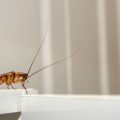


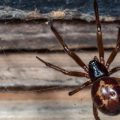
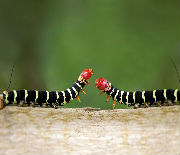
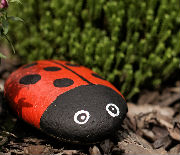
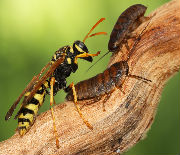
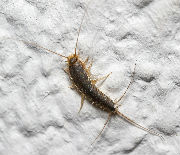
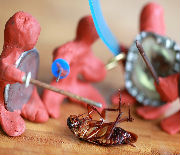
I can understand pest control for mice and rats, but spiders do no harm. They themselves are pest controllers.
I agree, spiders ARE nature’s pest control. They are to be welcomed in the main as long as they don’t bite!